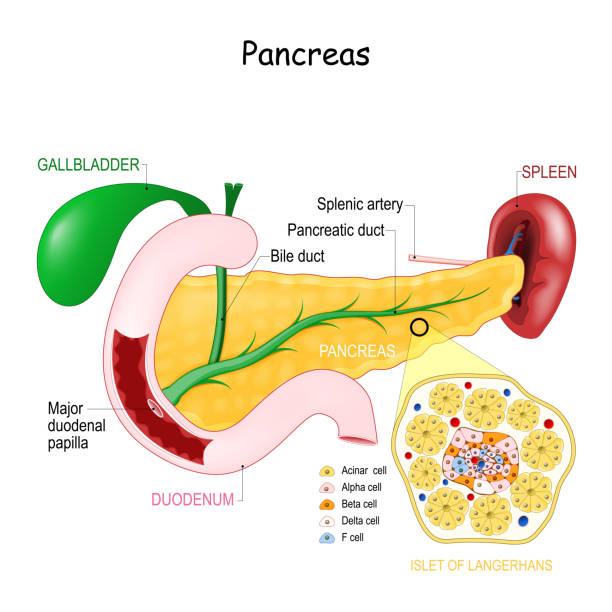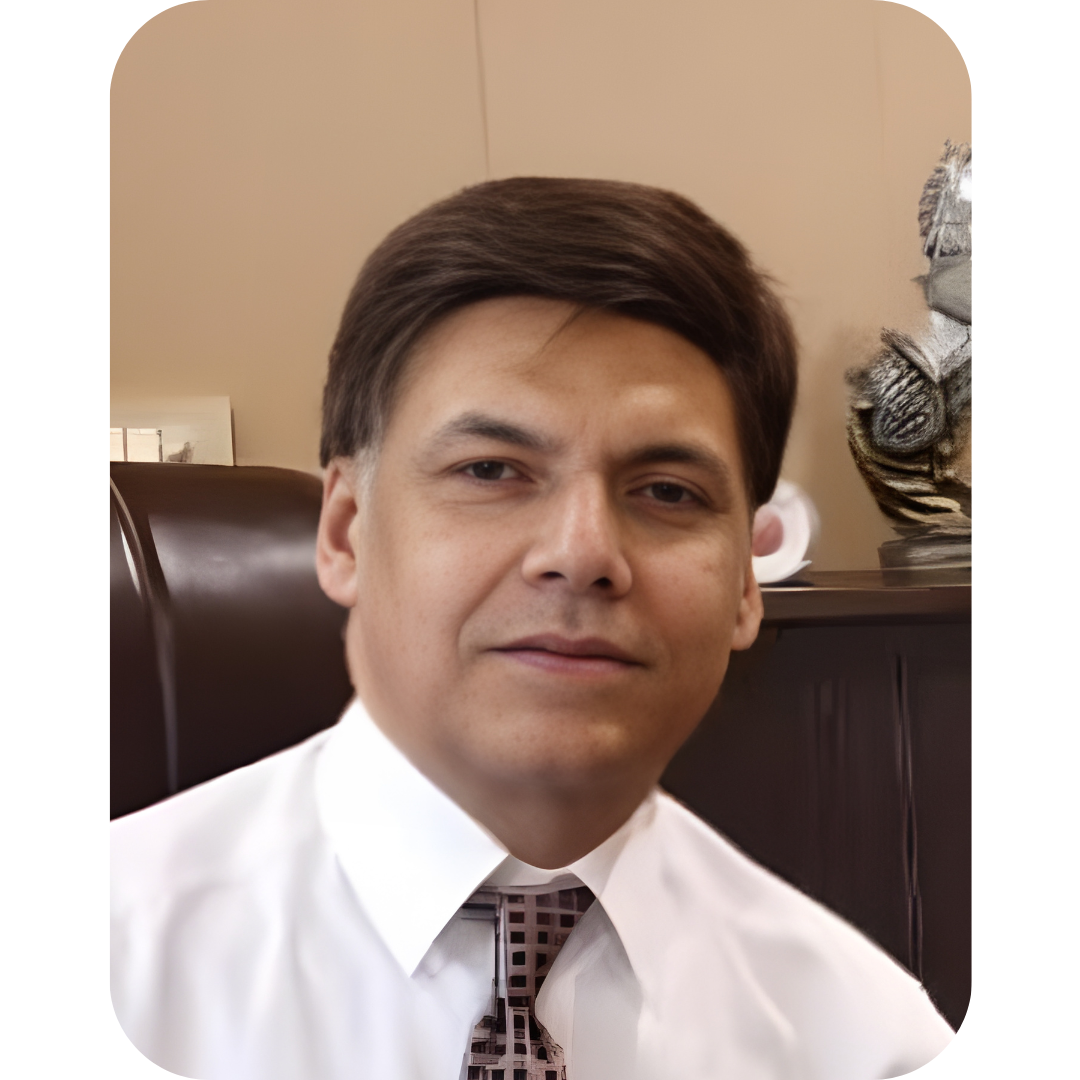Insulin: The Energy Gatekeeper - A Physician’s Perspective

In every consultation room, I meet two kinds of people when it comes to sugar: those who fear it and those who ignore it.
But the real story of sugar is not just about what we eat — it’s about a silent, tireless worker inside us called insulin.
The Unseen Gatekeeper
Insulin is a hormone made by the pancreas. It works like a key, unlocking the doors of our cells so that glucose — the body’s primary fuel — can enter.
Without insulin, sugar floats uselessly in the bloodstream. With too little or ineffective insulin, the body is like a city where food trucks keep circling the streets but can’t unload their supplies. Energy doesn’t reach its destination.
This is why people with insulin deficiency (Type 1 diabetes) must take it from outside — and those with insulin resistance (often in Type 2 diabetes) need help making their cells listen to insulin again.
When Insulin Works Well
In a healthy person:
• You eat food — it’s digested into glucose.
• The pancreas senses this rise in sugar and releases insulin.
• Insulin escorts glucose into muscle, liver, and fat cells.
• Energy is produced, or excess is stored for later use.
The process is smooth, almost invisible. You feel steady energy, balanced mood, and a body weight that stays within your natural range.
When the Gatekeeper Gets Ignored
In my clinic, I see many people — especially after the age of 40 — where insulin is present, sometimes in high amounts, but the cells stop responding to it. This is insulin resistance.
It doesn’t happen overnight. It’s a slow shift, caused by:
• Constant high-carb, high-sugar diet
• Sedentary lifestyle
• Chronic stress (high cortisol makes cells stubborn)
• Poor sleep
• Excess abdominal fat
The pancreas keeps producing more insulin, trying to force the doors open. But over time, the system wears out — and blood sugar rises. This is the early path toward Type 2 diabetes.
The Early Whispers of Insulin Trouble
Patients rarely come saying, “Doctor, I think my insulin isn’t working.” Instead, they come with symptoms they can’t link:
• Midday fatigue after meals
• Increased belly fat
• Sugar or carb cravings
• Mood swings or brain fog
• Difficulty losing weight despite effort
• Darkened skin folds (acanthosis)
• Frequent thirst and urination (in later stages)
One patient, a young executive, came to me for “constant tiredness.” His fasting sugar was normal. But when we checked fasting insulin, it was three times higher than normal — his body was fighting to keep sugar under control. That was our chance to act early.
Why This Matters Beyond Diabetes
Insulin is not just about sugar. It influences:
• Fat storage
• Appetite regulation
• Inflammation in the body
• Blood vessel health
• Hormonal balance (especially in PCOS in women)
Ignoring insulin resistance means opening the door to heart disease, fatty liver, and even certain cancers.
The Way Back to Balance
The good news? Insulin resistance can often be reversed — especially if caught early. I always tell my patients, “Your lifestyle is your strongest prescription.”
Core strategies:
• Eat for stability — Include protein and healthy fats in every meal to slow sugar spikes.
• Move daily — Even a 20–30 min brisk walk makes muscles more insulin-sensitive.
• Sleep well — Deep sleep resets insulin response.
• Manage stress — Chronic stress keeps blood sugar and insulin high.
• Avoid constant snacking — Give insulin a rest between meals.
Insulin doesn’t make noise. It doesn’t ache or swell when it’s in trouble.
It works silently, faithfully — until neglect forces it to step aside.
As a physician, I have seen lives change when insulin is respected early, not just treated late. If there is one hormone that teaches us the link between what we eat, how we live, and how long we stay well — it is this silent gatekeeper.
So before your blood sugar climbs, listen for the whispers: fatigue after meals, stubborn belly fat, cravings. Your insulin might be speaking to you. And if you respond in time, you can keep its gate — and your health — wide open.
Physician’s Advice Corner
Do you have questions about the topic ? Kindly share them in the comments below or email us at info@withinthebody.com or message us on WhatsApp at 0092 320 8708835.
If you like the article or our website, kindly share the link with your contacts.
Your health is your responsibility — but you don’t have to manage it alone. The right knowledge, at the right time, can save lives.
By Dr. Mohammed Tanweer Khan
A Proactive/Holistic Physician
Founder of WithinTheBody.com
